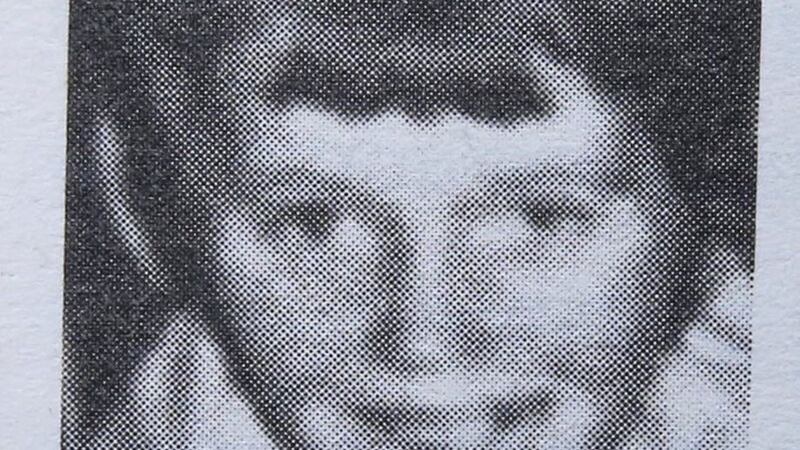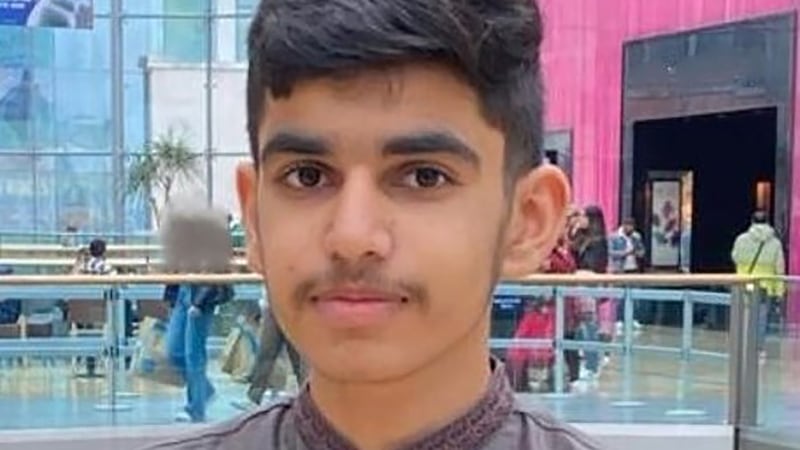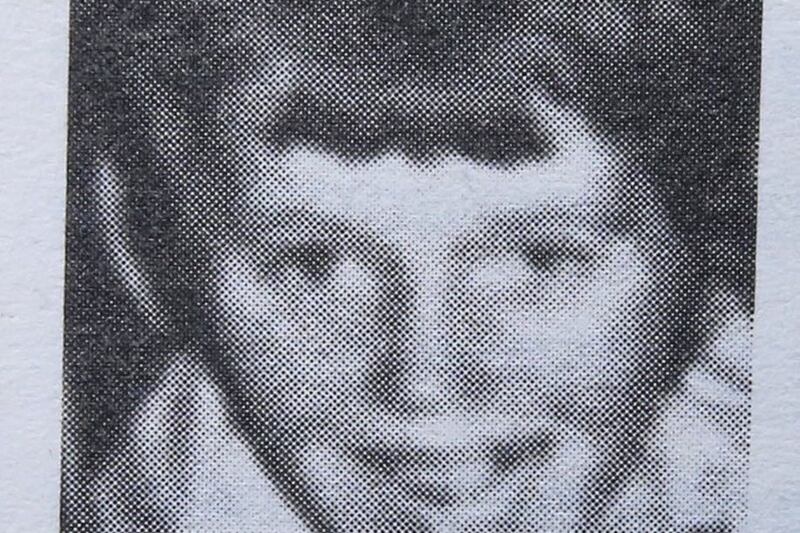JUDGMENT has been reserved in a legal bid by the Chief Constable to overturn a ruling that police in Northern Ireland unlawfully frustrated any chance of an effective probe into a series of killings by the loyalist Glenanne Gang.
George Hamilton is appealing an order compelling him to complete an overarching investigation into suspected state collusion with the group linked to more than 100 murders during the 1970s.
Three senior judges, led by Lord Chief Justice Sir Declan Morgan, confirmed they will take time to assess all legal arguments before delivering their verdict.
Last year the High Court held that victims families were denied in their legitimate expectation that the now-defunct Historical Enquiries Team (HET) would publish a thematic report into the Glenanne Gang's deadly attacks.
The verdict was reached in a legal challenge brought in the name of Edward Barnard.
Mr Barnard's 13-year-old brother Patrick was among four people killed in a St Patrick's Day bombing at the Hillcrest Bar in Dungannon in March, 1976.
Five years later Dungannon UVF member Garnet James Busby received a life sentence after admitting his role in the no-warning attack and other terrorist offences.
The murder gang based at a farm in Glenanne, Co Armagh allegedly contained members of the RUC and the UDR.
Up to 120 murders in nearly 90 incidents in Mid Ulster and border areas are under scrutiny.
They include outrages such as the 1975 Miami Showband Massacre, where three members of the popular group were taken from their tour bus and shot dead on a country road in Banbridge, Co Down, and the Step Inn pub bombing in Keady a year later, which claimed the lives of two Catholics.
It has also been linked to the murder of 33 people, including a pregnant woman, in the 1974 Dublin and Monaghan bombings.
A draft HET report into alleged security force collaboration with the killers was said to have been 80 per cent finalised before being shelved.
Challenging the High Court ruling, counsel for the Chief Constable insisted the Hillcrest investigation met the "gold standard" of human rights obligations by securing a conviction.
He also argued that an HET review into the bombing identified no collusion with the killers.
But Mr Barnard's lawyers told the Court of Appeal a number of promises meant there was a compelling case for producing an overarching report.
They claimed off-duty police officers and soldiers were connected by weapons to the "extraordinary pattern" of loyalist killings.
Members of the security forces were involved in a "state practice" of murder, according to their case.
Sir Declan, who heard the case with Lord Justice Stephens and Mrs Justice Keegan, will now examine submissions and give judgment on the appeal at a later date.


